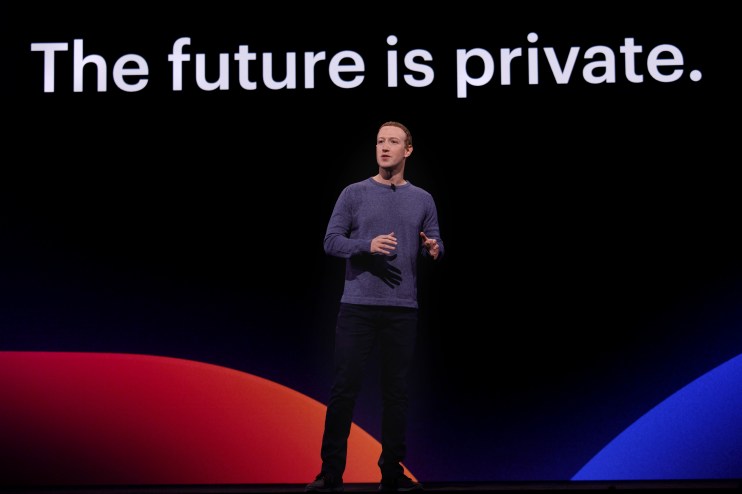As Meta appeals the CMA’s slap down over the Giphy acquisition, we must steer clear of watchdog intervention

It seems to have become accepted wisdom that big tech firms are too dominant and need to be broken up and regulated. This a narrative spun by a belief that bias from Silicon Valley creates unbalanced debate; it is also, generally speaking, the view of the elite – amongst many academics and the leadership of the Competition and Markets Authority, who think intervention is necessary to protect competition and innovation.
In November, the CMA ordered Meta (formerly Facebook) to unwind its acquisition of Giphy, a relatively tiny company that allows users to insert short video clips (gifs) into their posts on apps like Twitter and Facebook. It had never turned a profit when Meta bought it, and had only experimental ways of monetizing its service, for example by building ads into gifs. But the CMA found that, if Meta hadn’t acquired it, it might have succeeded independently or with a new owner (even though only Meta had been interested in acquiring it) and become a competitor in the UK advertising market.
Meta announced they would appeal the decision, claiming the CMA was “wrong on the law”.
The initial decision seems to have been based on little more than speculation that Giphy could have mounted a challenge to Meta’s business in the UK. This direction of travel and instinct to jump into corporate deals is worrying not just for tech giants, but for innovators, startups, and their financial backers. The potential to be bought out by a larger player is an important incentive to create and develop new products and services. Proposed powers for a new Digital Markets Unit within the CMA would make it easier for such mergers to be blocked. This risks dampening investment in tech in the UK, and redirecting it to jurisdictions where mergers and acquisitions are not treated with suspicion by regulators on a hair trigger to act on potential future anti-competitive effects.
The Giphy case seems to show the CMA already stepping up its precautionary approach to digital platform, even ahead of the new laws that the government wants to introduce in a “framework” for competition in digital markets have come into effect. The government has consulted on new legislation to give the DMU new powers to regulate and sanction firms with “strategic market status”. The DMU is already being called the “Digital Regulator”. Combined with the new laws and powers for Ofcom in the Online Safety Bill, the proposed expansion of the regulatory state into the economics and content of the online world is astonishing, especially from a government that claims to prioritise innovation, reducing the regulatory burden on business and making the UK an attractive place for digital trade and investment.
Of course, supporters of free markets want to protect competition and are wary of monopolies and cartels exploiting market power to the detriment of consumers. On the face of it, this is what the CMA and the government are worried about: Google, Facebook, Amazon and a handful of other big names, they fear, are in such unassailable positions in their respective markets that they can drive competitors out, or buy up future rivals. If this continues, the argument goes, they will have no incentive to provide a good service to users and keep on innovating and improving their products.
It seems clear though, that however well intentioned, the risk of unintended consequences is high. We await the outcome of the consultation on the new framework, but proposals based on an assumption that expert regulators can know how fast-moving and dynamic digital markets should be managed to deliver fairness and optimal levels of innovation deserve close scrutiny. Deploying the precautionary principle in competition law should apply both ways, and the risks to consumer welfare and innovation from excessive regulation and enforcement are very real.
